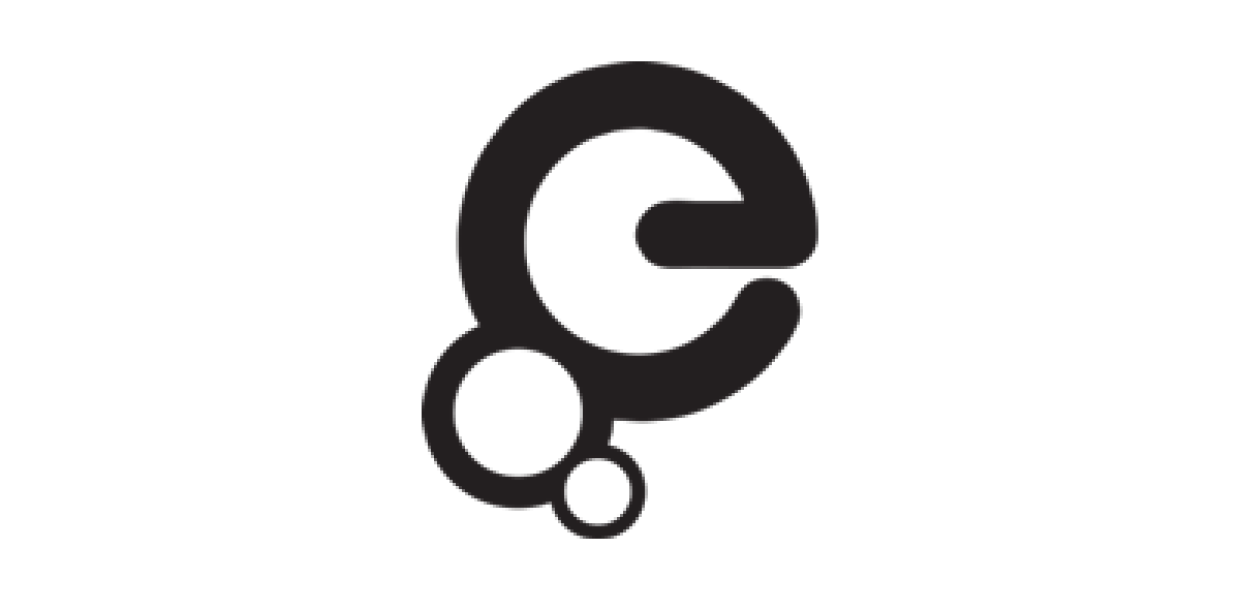Digitised Manuscripts to Europeana
The European Commission (EC) is to fund the development of Linked Data tools that will enable more libraries and archives to provide digital content to Europeana – Europe's largest cultural heritage portal. Funding has also been allocated for the developme

The software to be developed will allow for the contextualisation and linking of vast cultural heritage data sets drawn from some of Europe's most prominent memory institutions. This will in turn allow scholars, students and the wider public to interact with with cultural objects and their associated metadata in innovative ways.
Jill Cousins, Executive Director of Europeana, highlights the importance of the project for the teaching and research communities that reuse the data made available through Europeana:
"DM2E's development of tools helps content providers to integrate and enrich their data with Europeana for re-use by scholars, teachers and students; and digital humanities developers to build applications best suited to the needs of scholars. The project is therefore key to facilitation work of Europeana in opening up access to our cultural heritage in new and exciting ways."
The project will be led by Professor Stefan Gradmann from Humboldt University with community and dissemination work to be led by the Open Knowledge Foundation. The technical development will be based on an exemplary set of digitised content provided by some of Europe's leading cultural heritage institutions such as Staatsbibliothek zu Berlin, Deutsches Textarchiv and Österreichische Nationalbibliothek.
In line with the recent Europeana Data Exchange Agreement, all contributing institutions have agreed to make their metadata available under the Creative Commons Public Domain License (CC-0) which will make it easier to reuse in diverse contexts.
ENDS
For further information contact: [email protected]
Project website: http://dm2e.eu
Notes for Editors
Background on Europeana
Europeana brings together the digitised content of Europe's galleries, libraries, museums, archives and audiovisual collections. Currently Europeana gives integrated access to 20 million books, films, paintings, museum objects and archival documents from some 1500 content providers. The content is drawn from every European member state and the interface is in 29 European languages. Europeana receives its main funding from the European Commission.
Europeana's core mission is to engage audiences with digitised cultural content. This is not simply to put the digital files online, but to create innovative tools and methods of access and interaction. The aim is to renew the relevance of our cultural heritage and enable its stories to be told in new ways.
Institutions Participating in DM2E
Humboldt-Universität zu Berlin, Association Europeenne Pour La Culture Juive, Ex Libris, Freie Universität Berlin, Max Planck Gesellschaft zur Foerderung der Wissenschaften, Net7, National Technical University of Athens, Open Knowledge Foundation, Österreichische Nationalbibliothek, Stiftung Preussischer Kulturbesitz.
